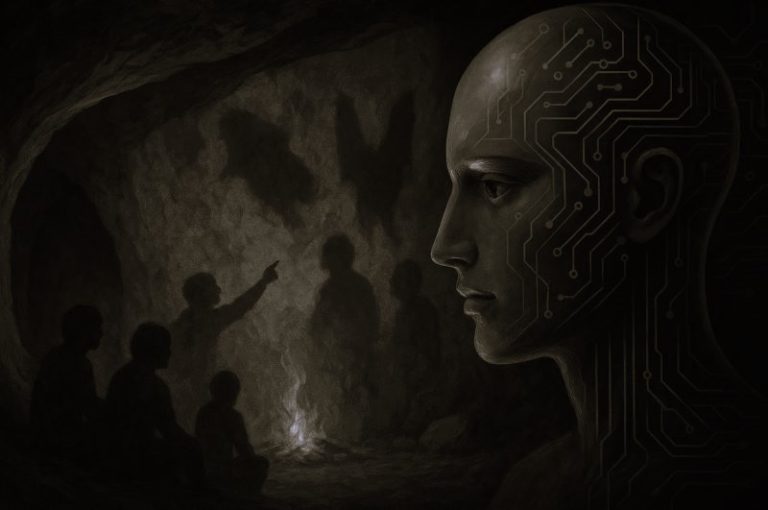

Have you ever wondered why new brands or businesses are willing to give away free samples of their products, give discounts to new customers, or offer ways to trial services? Some are suspicious as they must have an edge, while others revel in getting free stuff and making the most of the gracious offers.
As a business, commencing a campaign such as that of offering free goods can be scary, but it taps into an innate tendency of humans that’s explained by the rule of reciprocity. This society-building tendency helped to build and maintain some of the greatest civilizations the world has ever known, and now, it’s still being tapped into successfully in the world of business and entertainment.
The modern model of reciprocity between business and customers
Of course, our capitalist model is rather different from the way societies operated in ancient times, and yet, reciprocity is still a driving force between customers and businesses. This can even be seen in the top casino bonuses and offers available for online casinos. Given that online casinos – slots, game shows, and table games – all require money to be put down in order to play and maybe win. When you get a free sample of jam, as an example, you’d know the value of that jam and how much the business has just given you. With an online casino bonus like 50 free spins, the incentive adds value. As free spins alone, they offer entertainment time on a game that’d otherwise cost per spin.
Reciprocity dictates that positive action is rewarded in kind as an innate desire by the recipient. Someone receiving free spins and enjoying their time at the online casino is more inclined to start to bet with real money. Not all do, but more do than would if there wasn’t a welcome offer to open the door. This is known as positive reciprocity and, in modern times, can help to make brand loyalty and decisions between competitors easier. Ancient reciprocity was much more tit-for-tat

In societies of old, reciprocity was an essential part of the culture, from helping other community members to reciprocating gifts. In ancient Rome, people were fully expected to reciprocate any gifts given between people within the same family, among friends, or between service providers and their patrons or clients. Reciprocity was a matter of honor, with voluntary favors being duty-bound, as was the subsequent reciprocity.
Emerging before the end of the Roman Empire, but concluding a mere millennium after Constantinople fell to the Ottoman Turks, the Inca Empire was, perhaps, even more reliant on reciprocity as a social function. Money and markets weren’t much of a feature for the Inca, and instead, services and goods were exchanged based on philosophical valuations enforced by reciprocity. For those residing around the Andes, there was the idea of a connection between all people and things within a community, so people would freely give and reciprocate.
Reciprocity was integral to the survival and stability of ancient societies – even the most advanced of those civilizations – and today, this innate drive continues to play its part. To help stand out in modern business, a platform can offer bonuses and promotions as a friendly gesture knowing that some will reciprocate.






